Confession: I have not seen all of the Coen brothers’ movies.
Now, I understand the rule that if I haven’t seen all of the movies, I’m not allowed to have an opinion about nary a one, much less express that opinion on the internet—just as if one has not read every book that has ever existed, and possesses the greatest intelligence into what books are to be written soon, such an one is not allowed to talk about any book in any way which expresses the faintest bit of interest, observational energies, or evaluative judgments of any kind.
But this is Substack, not Reddit. So, I feel quite safe to express my opinion without being assaulted in the comment section. Nevertheless, if there any film-cel chatbots out there, feel free to call me a pedantic poser in the comments for politely meandering through a question I have about my own tastes.
So, why do I like the Coen brothers’ movies so much?
I am not sure. Maybe I just like what I like and that’s as deep as it needs to go.
Notwithstanding, I shall spend this time writing to peruse the catalogues of my brain as to what things I find likable in the Coen brothers’ filmography.
To have the best odds of doing so, I will compare the movies I do like with a movie I absolutely hate: “True Grit.” Perhaps, a better subtitle to this essay would have been “And Why True Grit Blows Chunks,” but I didn’t want to distance any potential audience at the outset. Now, if you are offended, feel free to head to the comments and throw some virtual vegetables my way. I pine for the hasty opinings of passionate keyboard warriors.
So, yeah “True Grit” stinks, but all the other movies are great. What’s going on there?
While the Coen brothers are clearly avid readers, and their films are often inspired by different books, evinced by the rich literary allusions in their films, not to mention that Ethan Coen actually has published collections of short stories and poetry, it remains that “True Grit” is one of only three movies attempting a direct interpretation of a literary work—the others being “No Country for Old Men” and “The Tragedy of Macbeth.”
Since then it cannot be that their film interpretations of books are wanting, one should examine what sets the Coen’s twist on Shakespeare and McCarthy apart from that of their take on Portis.
Here would be a good time to mention, I know very little of the jargon of film-speak, and my aspiration given in the subtitle is meant to be taken facetiously. So, forgive my inadequacy in speaking to these things I care to praise and censure.
Anyways, what I believe separates the wheat from the chaff in regards to these three movies is pacing. Both “The Tragedy of Macbeth” and “No Country for Old Men” create wonderful stillness which adds either to the trepidation or serenity based on whichever mood is being evoked in a given scene. “True Grit” feels like it rushes through scenes which I would like more time to process, and lets scenes linger which have no business being dwelt upon. The patient and precise approach to pacing found in the exemplary work of the Coen brothers produces a delightful experience for the viewer.
On the other hand, this excellent pacing of the Coen brothers is not only in their slowness, but their capacity for effectively quick pacing. “Burn After Reading” is a great example of this. The pacing is anxiety inducing, and it should be. The fast paced feel complements and accentuates the manic nature of great consequence presented in the driving conflict.
Another great element of their films which creates the similar experience of when a concept is well executed by its form is the appropriate expansiveness or the narrowness of a shot based on context. The landscapes in “The Ballad of Buster Scruggs” are mind bogglingly immense, and perfectly capture what the American West is in the conceptual imagination of the average viewer. “True Grit” never takes an opportunity to zoom out and really take in the surrounding landscape for the sake of itself. The aforementioned poor pacing only emphasizes this error and the eye is left unsatisfied by the end of the film. For an example of the effective narrowness of some shots, I would point to “No Country for Old Men.” The constraint of certain shots adds to the suspense in a way that is natural and appropriate given the surrounding context.
My two favorite movies of the Coen brothers are “O Brother Where Art Thou?” and “The Big Lebowski.” So, exploring these movies would be great to explore the initial, titular question: Why do I like these guys’ movies? not the secondary, supplementary question: Why do I hate “True Grit?”
The thing that I think these movies do so well that I find so enjoyable is they incorporate a perfect harmony of realism and absurdity. In the case of both movies, the worlds feel believable enough to give it a place in the mind and tangible enough to walk into and stay a while, “abide” you might say. And yet, there are scenes of utter absurdism that break from the respective believability of these finite worlds in a most joyous manner that also somehow has perfect cohesion with the realism.
How does one seamlessly blend perfect mimesis and the sublime magic of the silver screen? What’s more, while these worlds are clearly finite, they are not insular, because they reach into reality for inspiration, but also move beyond the screen to constitute reality. “True Grit” stays on its side of the screen for the whole run time. It is neither compelling in its realism, nor is it entertaining in its absurdism.
Though I have spoken of these desirable qualities in isolation as they are better portrayed in certain films than others, I believe that all of the Coen brothers’ movies which I enjoy have each special ingredient mentioned: appropriate pacing and photography as well as a cohesive harmony of realism and absurdism. But the short of it is this: I could watch these movies over and over, and I never want to watch “True Grit” again.
I cannot point to one piece of evidence in “True Grit” to support my disparaging comments against it simply for the fact that I don’t remember any of the movie; I just remember that I didn’t like it, and I don’t want to rewatch it in order to back up my claims. Every variable that went into the experience made it so it should have been an enjoyable experience:
It’s a Western. The Coen Brothers do Westerns well. I watched in on a farm in Alabama, surrounded by farmland, in a comfort of a nice farmhouse where I was spending a week on vacation. The house happened to have a dedicated movie room with a giant TV and a surround sound stereo system. All that working in the film’s favor, and I did not enjoy the experience at all.
So, the last great quality of the Coen brothers at their best is the re-watchability of their movies. Whether this re-watchability is due to creating memorable characters, or crafting quotably prescient dialogue that delights the speaker and the listener in their collective memory as well as the consolation of the present, I am not sure.
But there is a reason my family can quote “O Brother Where Art Thou?” backwards and forwards, and any two fans of “The Big Lebowski” can work together to recite the film entire, and nobody ever talks about “True Grit.”
If at the end of this charade of an essay, you think I have wasted time tapping away at my keyboard, and I should stay away from film criticism and leave it to the professionals, let me just say, “that’s just like uh, your opinion, man.”
Sound off in the comments: what is your favorite Coen brothers’ movie is and what do you enjoy about it?

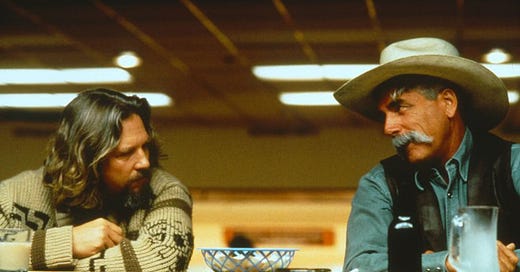


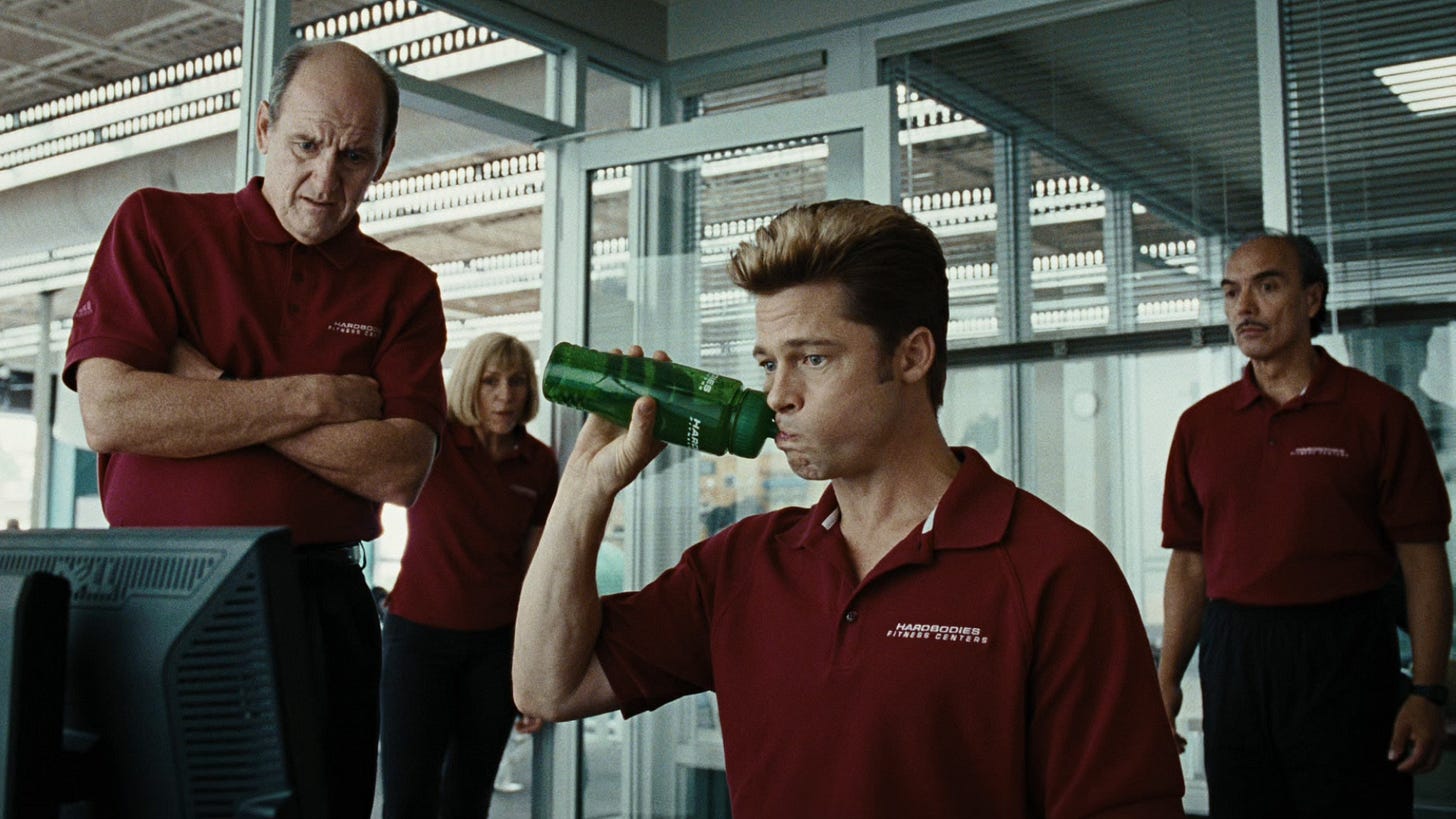
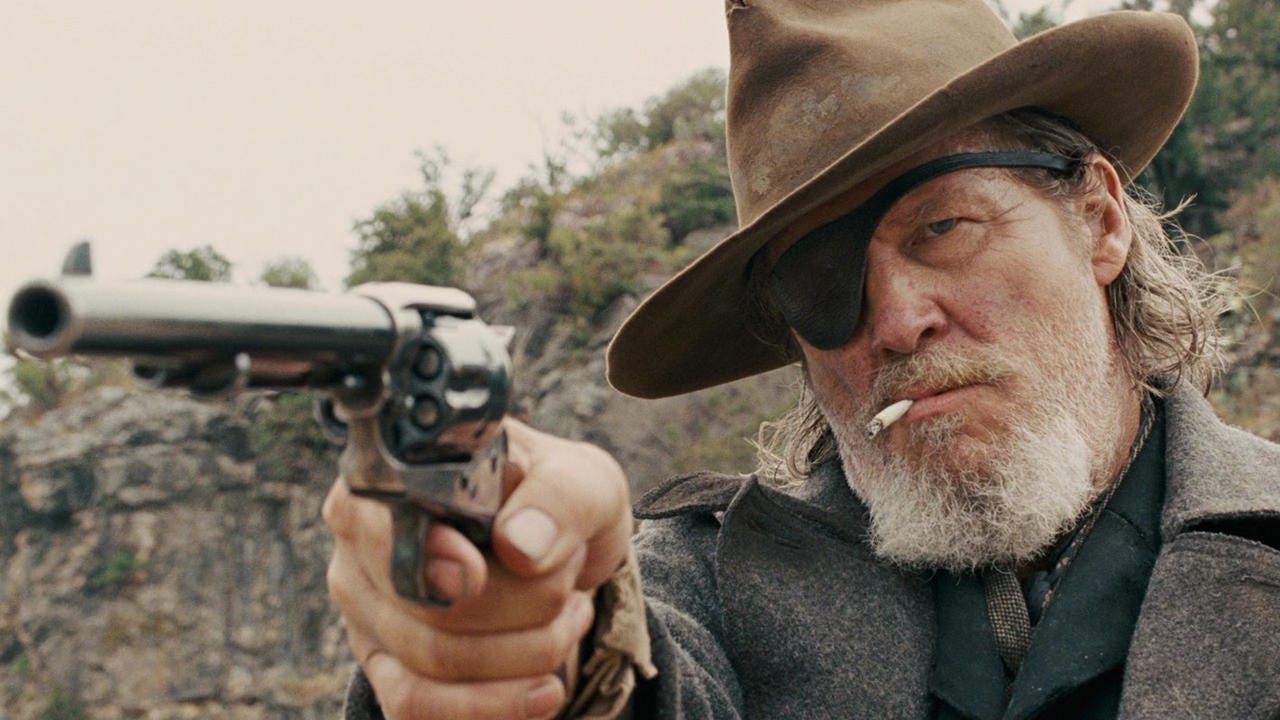
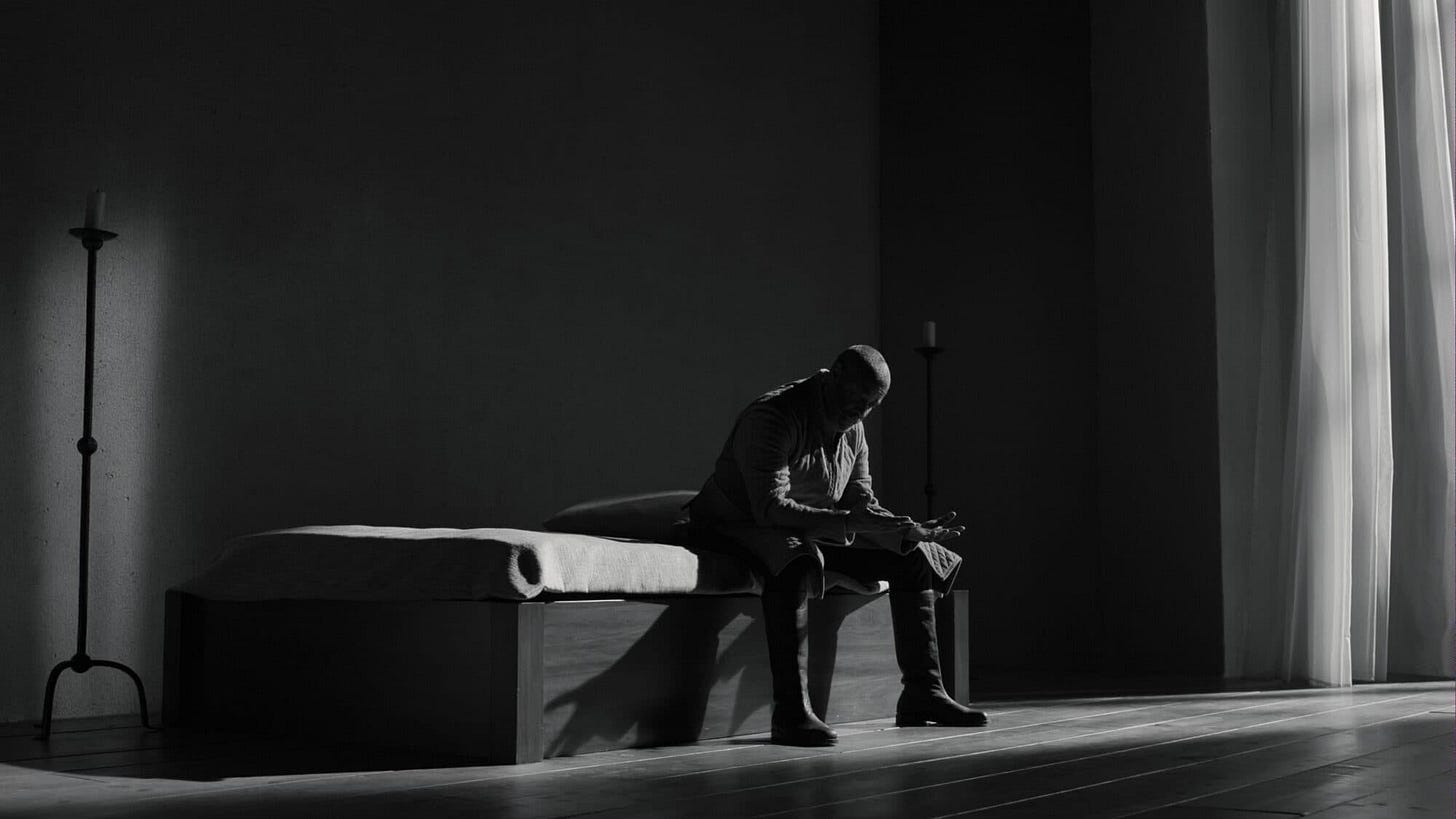


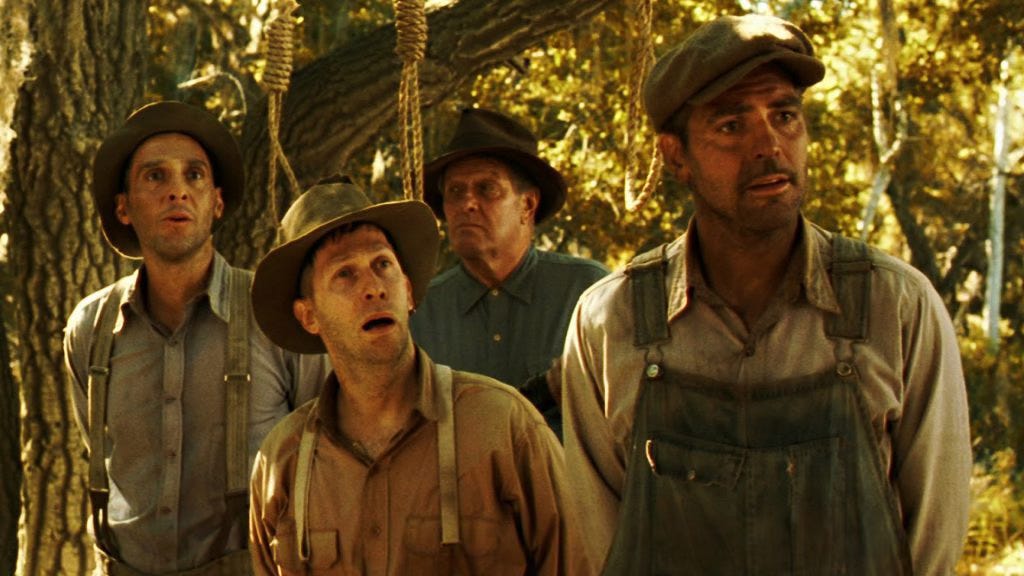
Lebowski is a classic of course, but Burn After Reading captures the DC lifestyle so well it's underrated.
No Country For Old Men. Cormac Mc Carthy's novel was translated so well, so memorably. I agree with your opinion, True Grit is incredibly boring. It just felt like it was trying to 'elevate' the material ( the original film and novel) without any style.